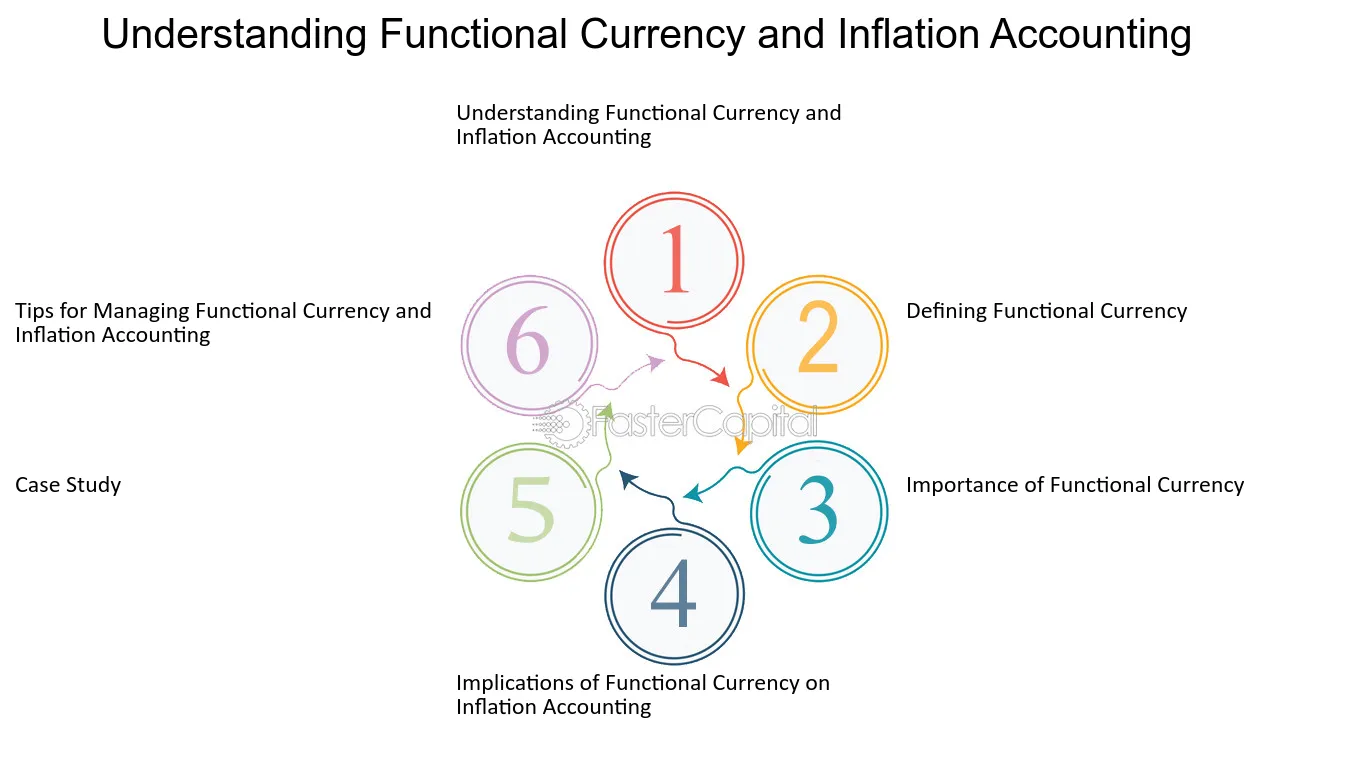Functional Currency: Definition and Importance

The concept of functional currency is an important aspect of accounting that plays a crucial role in the financial reporting of multinational companies. The functional currency is the primary currency in which a company conducts its business operations and generates its cash flows. It is the currency that best reflects the economic environment in which the company operates.
Functional currency is a term used in accounting to refer to the primary currency in which a company conducts its business transactions and prepares its financial statements. It is the currency that best reflects the economic environment in which the company operates.
The choice of functional currency is important because it determines how a company records and reports its financial information. It affects the translation of foreign currency transactions, the measurement of foreign currency balances, and the presentation of financial statements.
Factors to Consider in Determining Functional Currency

When determining the functional currency, several factors need to be considered:
- The currency of the primary economic environment in which the company operates.
- The currency in which the company generates and expends cash.
- The currency in which the company prices its products or services.
- The currency in which the company borrows and repays its debts.
- The currency in which the company prepares its financial statements.
Importance of Functional Currency
The functional currency is important because it affects the financial reporting of a company. It determines how foreign currency transactions are recorded and how foreign currency balances are measured.
When a company has transactions in a foreign currency, these transactions need to be translated into the functional currency for accounting purposes. The exchange rate used for translation can impact the reported financial results and the financial position of the company.
Additionally, the functional currency determines the presentation currency for the company’s financial statements. The financial statements need to be presented in the functional currency to provide relevant and meaningful information to users.
Accounting Treatment of Functional Currency
Once the functional currency is determined, the company needs to follow specific accounting rules and guidelines for recording and reporting its financial information.
Foreign currency transactions are initially recorded in the functional currency using the exchange rate at the date of the transaction. Subsequently, these transactions are translated into the functional currency at the exchange rate at the reporting date.
Foreign currency balances are measured at the exchange rate at the reporting date and any exchange rate differences are recognized in the company’s financial statements.
| Accounting Treatment | Functional Currency |
|---|---|
| Foreign Currency Transactions | Recorded in functional currency using exchange rate at transaction date |
| Translation of Foreign Currency Transactions | Translated into functional currency at exchange rate at reporting date |
| Measurement of Foreign Currency Balances | Measured at exchange rate at reporting date |
| Recognition of Exchange Rate Differences | Recognized in the company’s financial statements |

Emily Bibb simplifies finance through bestselling books and articles, bridging complex concepts for everyday understanding. Engaging audiences via social media, she shares insights for financial success. Active in seminars and philanthropy, Bibb aims to create a more financially informed society, driven by her passion for empowering others.
